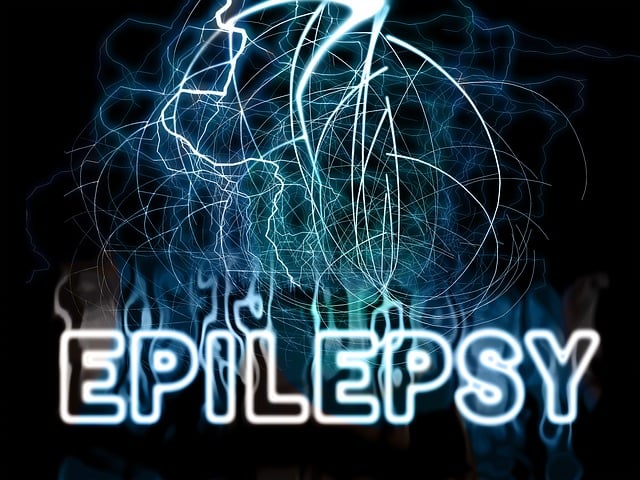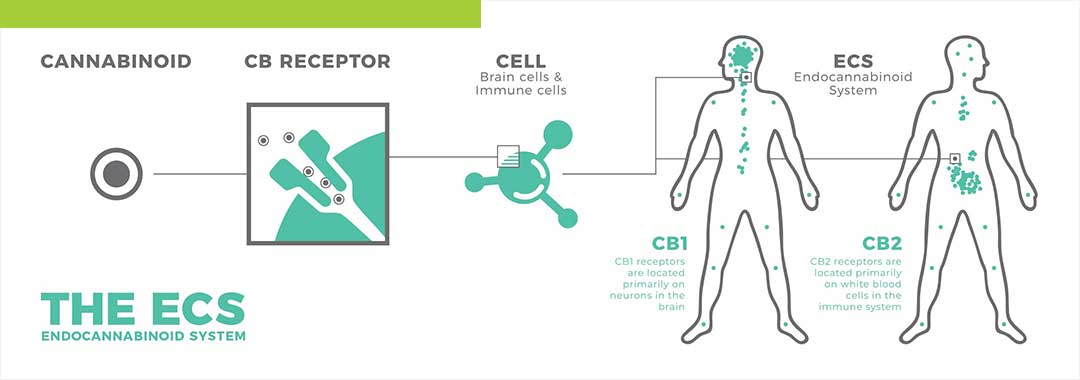No products in the cart.
Chances are, even if you have not yet tried a cannabidiol (CBD) product, you might have at least been recommended one by a friend or family member. Unfortunately, these kinds of suggestions are often dismissed because many still consider CBD to be just another passing health fad — or at worst, a snake oil pitch.
However, the increasing prevalence of CBD products has made many would-be skeptics take a second look at this unique compound. After studying the already considerable research that has been done regarding its potential properties, some have decided that CBD might be worth trying out after all.
Currently, CBD products come in many different forms, including tinctures, capsules, drinks, gummies, and even cbd oil for dogs. This is all despite the fact that the FDA has yet to definitively conclude that CBD, in addition to the other compounds in cannabis, has any true type of medicinal purpose. As such, most CBD companies are not allowed to specifically state that their products have efficacy in terms of treating any particular disease or condition.
CBD is a phytocannabinoid, which means it is one of hundreds of cannabis compounds that are specifically designed to interact with internal cannabinoid (CB) receptors that function as part of our endocannabinoid system (ECS). Out of the many varieties of cannabis, hemp is known for containing the highest amounts of CBD, which is why most CBD companies use extract that has been derived from hemp.
Recently, scientists have been conducting a multitude of studies in order to determine the various properties and characteristics of individual phytocannabinoids, with a particular emphasis on CBD. So, what are the benefits and uses of CBD?
Treatment of Epileptic Seizures
At present, the only type of CBD medication that has been granted approval by the FDA is Epidiolex, which utilizes an isolated form of the compound. The studies showed that CBD can have considerable efficacy in the treatment and prevention of epileptic seizures that are associated with certain forms of the disease, including Lennox-Gastaut syndrome and Dravet syndrome.
The testing was performed through double-blind studies where patients were given varying doses of 10 and 20 mg/kg of CBD, twice per day. Its researchers concluded that CBD was safe and effective, which the FDA confirmed through commissioner Scott Gottlieb, who stated:
“Because of the adequate and well-controlled clinical studies that supported this approval, prescribers can have confidence in the drug’s uniform strength and consistent delivery that support appropriate dosing needed for treating patients with these complex and serious epilepsy syndromes.”
The approval of Epidiolex has also brought up an interesting quandary regarding the legal status of CBD, which is considered a somewhat grey area because of the FDA’s reluctance at allowing full spectrum hemp extract products that contain CBD to make any sort of medical claims.

Relieve Aches and Pain
A few studies have looked into the potential pain relieving properties of CBD and other cannabinoids, as some research has indicated that CBD could possibly assist with helping to thin the synovial membrane, which is what provides a buffer between our joints. When the synovial layer thickens, it can cause pain and stiffness, and this is often associated with arthritis pain.
The research was conducted to see how CBD might be able to affect other systems that regulate pain. The ECS works through the potentiation of other sub systems, including the opioid system. This is significant because the opioid system is involved with the regulation of pain receptors, as well as playing an essential part in mood modulation.
Sooth Nerves and Calm Feelings of Stress or Anxiety
While everyone has to deal with the common, everyday pressures of life, some may find them overwhelming. Many people are curious as to whether CBD can help sooth nerves and calm feelings of stress or anxiety. Part of this concerns the involvement of other body systems and receptors that work to improve your state of mind. For instance, serotonin is one of many neurotransmitters that assist with mood regulation, and a myriad of conditions are specifically associated with serotonin deficiency.
A lot of studies have been directed at finding out the mechanisms that are utilized by the ECS when it comes to modulating other systems. For instance, some research has shown how CBD may possibly help with attenuating behavior associated with acute stress reactions in rats, through the activation of 5-HT1A serotonin receptors, as serotonin is particularly associated with anxiogenic properties.
Alleviate Side Effects of Chemotherapy
Cannabinoids, including CBD, are often used as palliative care in patients with terminal cancer, partly because they are thought to have a potential to alleviate the side effects of chemotherapy, which include lack of appetite, nausea, and exhaustion.
This makes sense as some of the key side effects associated with CBD include an increase in appetite as well as sleepiness. A combination of THC and CBD has also been studied in order to determine their efficacy for helping pain associated with cancer.
Could Help with Substance Abuse Disorder
As mentioned before, scientists have worked towards learning about what abilities the ECS has with regard to modulating other body systems — and this is important for many reasons. A big question remains as to whether CBD can help with substance abuse disorders. According to the Centers for Disease Control, drug overdose deaths numbered at 67,367 in 2018. This number has steadily crept up in the last few decades, something which has been partially attributed to the overprescription of opioid painkillers. So, how does CBD factor into that?
Although all of the compounds in cannabis are psychoactive, including CBD, the only cannabinoid that has psychotropic properties is delta-9-tetrahydrocannabinol, or delta-9-THC. This also means that THC is the only cannabinoid to facilitate addiction, as repeated use can lead to tolerance as well as emotional and physical reliances to be formed. Interestingly, CBD is able to mitigate these effects in THC, by inhibiting the mechanisms that allow THC to bind with specific CB receptors in the brain.
Similarly, researchers have speculated whether the ECS is able to modulate the processes of the opioid system, because a potential for allaying the addictive properties of opioids could be essential in defeating the current epidemic that has already killed thousands of people.
Support Sleep and Relaxation
Scientists are also working to determine whether CBD can help to support sleep and relaxation in patients who suffer from insomnia as well as other sleep disorders. One study in particular speculated that “evidence points toward a calming effect for CBD in the central nervous system.”
Chronic insomnia afflicts around 10-15% of the population, and it can have a significant impact on energy levels, as well as the ability to perform everyday tasks. This is another reason why people are eager to discover the full capabilities of CBD, because lack of sleep can affect almost every aspect of your life.
Whatever the reasons a person has for wanting to try a new CBD supplement, it is important to examine the quality of the CBD and trustworthiness with the brand that is being considered. This is why it is vital to choose companies that utilize third party laboratory testing. In addition, verified testimonials can be a great way of gauging the potential quality of a particular product. Ultimately, you should always consult your physician to determine whether trying CBD is something you may want to consider.
Medical Disclaimer
The information shared within this article was gathered from trusted medical journals online, and the sources are linked within this article. Our intention is to share this information with our viewers in a structured layout which might help answer some common questions. We are not making any medical claims about our products or providing medical advise in any way. Always consult your physician to verify information.
These statements have not been evaluated by the Food and Drug Administration. This product is not intended to diagnose, treat, cure or prevent any disease.

